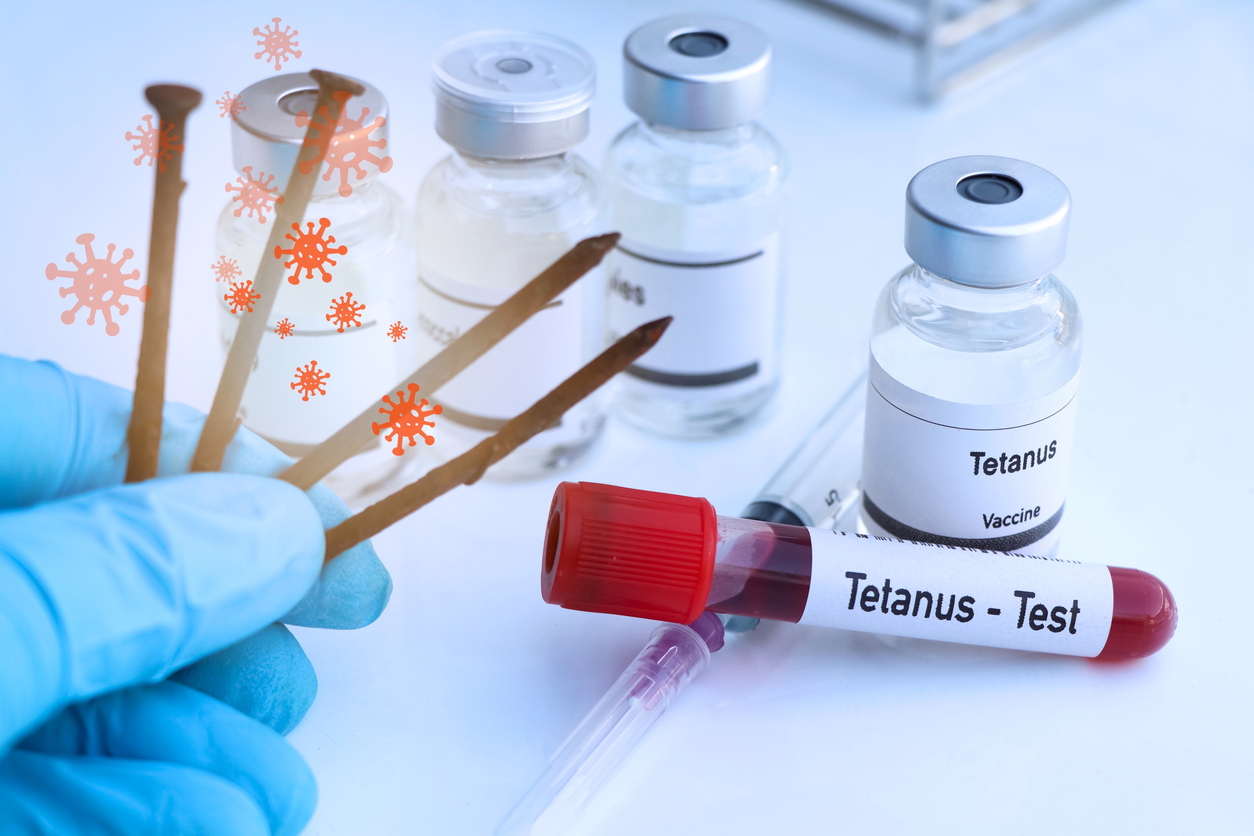How To Buy and Export Ketones And Quinones From South Africa
How To Buy and Export Ketones And Quinones From South Africa
South Africa has become a go-to destination for the production of specialty chemicals. Producing everything from aromatics to isoparaffins, petrochemical companies in the region have continued to grow their production of specialty chemicals, while increasing their use of feedstocks that are sourced locally. One such feedstock is ketones and quinones—essential oils that are commonly derived from plants, fruits, and other plant materials. With a growing demand for these specialty chemicals, manufacturers are looking to source them locally. In this blog post, we’ll explain how you can buy and export ketone and quinone intermediates from South Africa.
What is a quinone?
Quinones are organic compounds that contain two carbonyl groups (CO) in their molecules. They are a type of phenolic compound, and they are related to the parent hydrocarbon groups benzoquinone and naphthoquinone. Quinones are used in a variety of industries, including the production of dyes, pigments, and other chemicals. They are also used in the textile, paper, and rubber industries.
What is a ketone?
A ketone is an organic compound that has a carbonyl group bound to two other carbon atoms. Ketones are widely used as solvents in the production of paints, adhesives, and other commercial products. They are also used in the production of plastics, resins, and fibers.
How to buy and export ketones and quinones from South Africa?
You can buy ketones and quinones from South African manufacturers, who import some of the raw materials needed for their production from other regions. The South African markets for these products are well developed, so you’ll find plenty of suppliers to choose from. Before you buy ketones and quinones from a South African manufacturer, it’s important to know what your end use will be. This will allow you to purchase the right products and create the most value for your business. Once you’ve selected the right products, you can enter into a purchase agreement with your supplier. To facilitate the export process, be sure to include contract terms that indicate the end use of the products and any applicable regulatory requirements.
Export Requirements for Ketones and Quinones
When exporting ketones and quinones from South Africa, you must determine which of them are regulated. The products that are regulated are listed in the United Nations (UN) Goods Classification List (GCML). Before you export ketones and quinones to your overseas customers, you must determine which classification applies to them. Use the following table to find out which classification applies to your products.
How to export ketones and quinones from South Africa?
As we’ve already discussed, ketones and quinones are regulated products. This means that you must follow certain procedures when exporting them from South Africa. Use the following checklist to make sure you comply with export regulations. – Select the right shipping documents – These include an invoice, packing list, airway bill, and a commercial general declaration. – Choose the right shipping method – Select a shipping method that will get your goods to their destination as quickly as possible. – Make sure your goods are compliant – Check that your products are compliant with regulatory requirements, such as packaging and labeling requirements.
Summary
This blog post has explained what a ketone and a quinone are and how to buy and export ketones and quinones from South Africa. We’ve also discussed export requirements for ketones and quinones and summarized. With this knowledge, you’ll be able to import ketones and quinones from South Africa and use them in your business.








LEAVE A COMMENT
You must be logged in to post a comment.